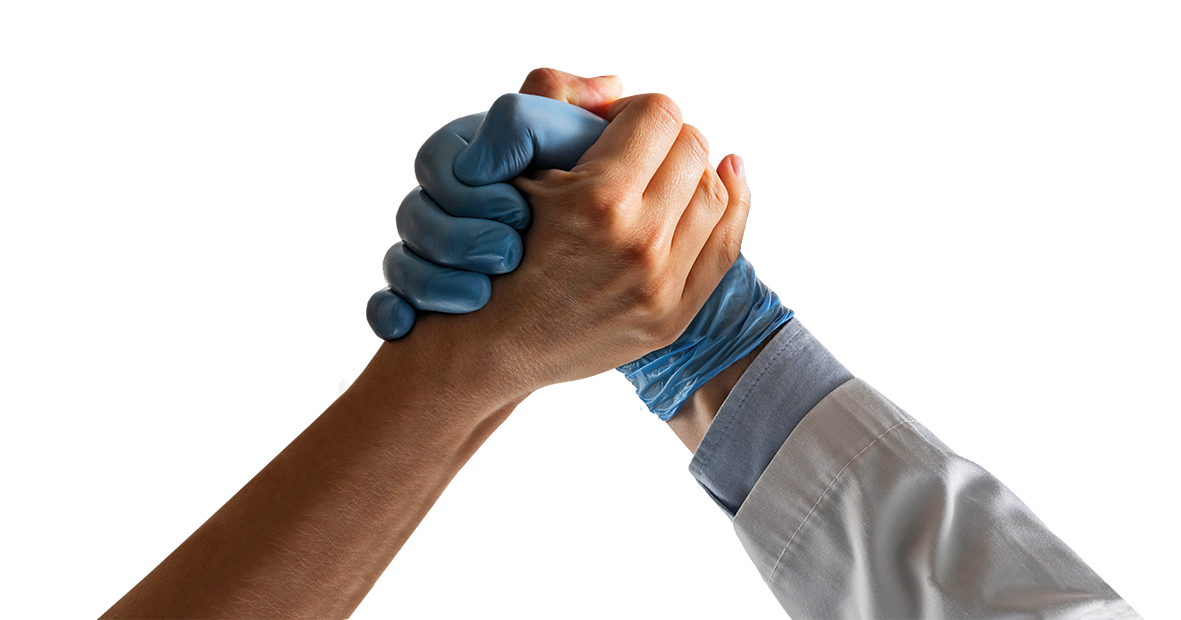Emergency departments (EDs) are currently unsafe places for both professionals and patients, according to the results of an international survey carried out for the European Society of Emergency Medicine (EUSEM) and published today (26th May) in the European Journal of Emergency Medicine1. The main reasons for this are staff shortages and overcrowding due to the non-availability of beds in wards necessitating the provision of care in corridors. Respondents to the survey also felt that they had insufficient support from hospital management. Read more
Around 90% of professionals surveyed felt that at times the number of patients in ED exceeded the capacity of the department to provide safe care, and that such overcrowding was a regular problem. In addition to causing patient and professional discomfort and impeding their ability to provide care, overcrowding is known to carry a substantial risk of harm and increased mortality.
The preliminary findings of a survey among patients, yet to be published, were even more alarming. More patients thought that ED staff were ‘angry’ or ‘rude’ than were kind. This is likely to be caused by exhaustion and frustration, says an accompanying editorial2 from EUSEM President Dr James Connolly ‘given that the vast majority of those responding to the survey of professionals said that they were proud to work in an ED.’ Amongst responses received a typical response was “There were a lot of patients and very few doctors. Some nurses were very stressed.”
Indeed, nurses who responded to the survey felt less safe than did doctors, particularly with regards to the environment in which they had to treat patients with mental health problems. Since in general they work with patients for longer periods of time, this is understandable, but nonetheless troubling, say the researchers.
“Last year’s EUSEM survey into burnout among ED professionals was worrying enough,” says Dr Connolly, “showing as it did that younger and less experienced EM professionals were more likely to be affected than older, more experienced staff. It is very disquieting to see this pattern repeated, and completely unacceptable that so little action has been taken to remedy it. If anything, the situation appears to be worse than before.” This is especially important, as In many EDs the majority of professionals are still junior and therefore at greater risk of burnout, and so in greater need of supervision to protect both themselves and their patients.
Although targets have been advantageous in bringing about improvements in the past, the current feedback from ED staff shows that, when systems are under significant strain, they feel pressurised by the imposition of such external targets, and that they believe this could cause patient care to suffer. Some 54.2% said they were permanently under external pressure. Support from hospital management was also perceived to be inadequate; 35% of professional responders responding that hospital managers never supported the introduction of improvements, and 47% thinking that procedures for improving flow in the ED were never effective.
Alarmingly, some patients surveyed felt so concerned about their safety in the ED that they said they would prefer not to go there at all, believing that overcrowding, long waiting times, and exhausted staff would lead to medical errors.
“Dedicated professionals need the right environment and support in which to carry out their work, and patients need to feel reassured that they will get the best treatment. Currently we are far from that being the case. Governments and healthcare authorities must remedy this now, before the situation worsens further when it may become too late to arrest the spiral of decline,” says Dr Connolly.
1. https://journals.lww.com/euro-emergencymed/Abstract/9900/Patient_safety_in_emergency_departments__a_problem.63.aspx
DOI 10.1097/MEJ.0000000000001044
2. https://journals.lww.com/euro-emergencymed/Citation/9900/With_safety_in_mind.64.aspx
DOI 10.1097/MEJ.0000000000001048
Further information:
Davi Kaur
Email: davik@eusem.org
Mobile: +32 485515497
